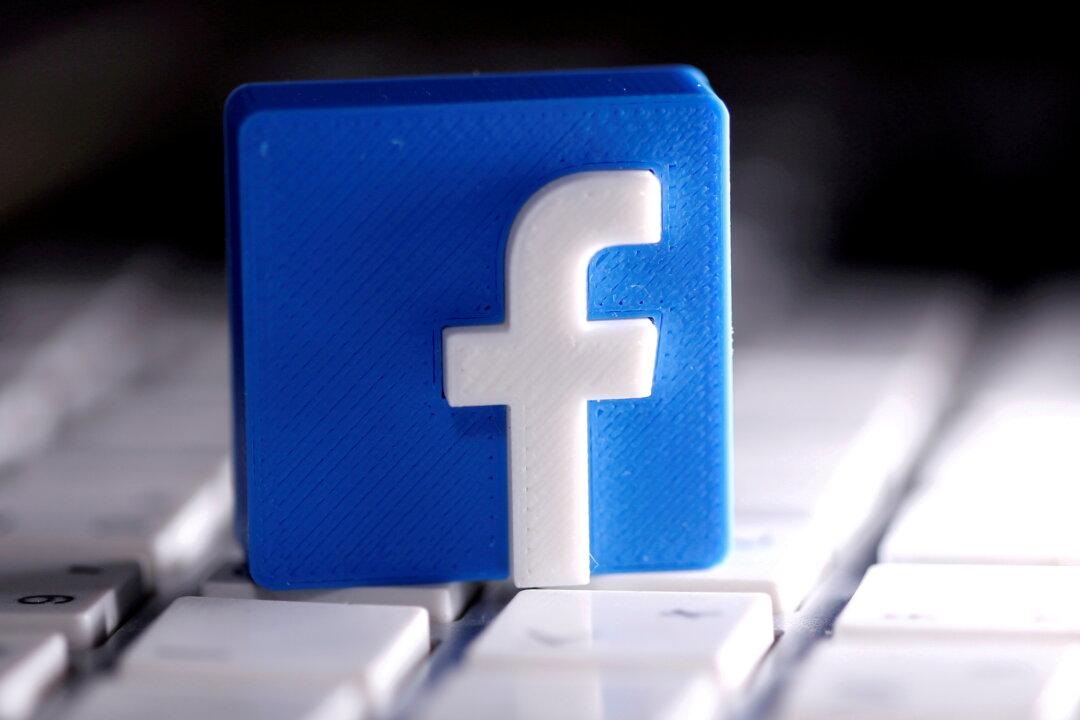Facebook, WhatsApp, Messenger, and Instagram appear to be back online after an outage that lasted several hours on Monday.
Earlier on Monday, when one tried to access Facebook, it returned a message: “This site can’t be reached,” adding that the website’s DNS address couldn’t be found. Instagram merely displayed the message: “5xx Server Error.”





